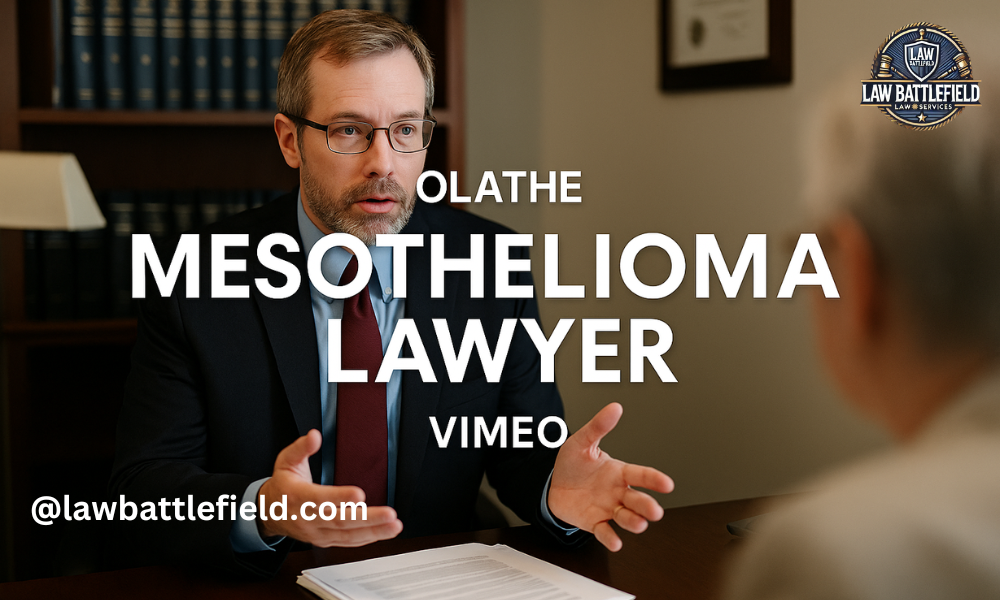When family or friends own property together, things can get complicated. If you and your co-owners can’t agree on how to use or sell the property, a partition lawsuit might be the answer. A partition lawsuit is a legal action that helps divide property among co-owners.
This article explains the step-by-step process of a partition lawsuit, making it easier for you to understand how it works.
Understanding Partition Lawsuits
Partition lawsuits arise when multiple people own a property, but they cannot agree on what to do with it. This situation can happen in various scenarios, such as inherited property, vacation homes, or joint investments.
When disagreements arise, a partition suit allows a judge to intervene and provide a fair solution, like dividing the property or selling it.
The Process Of A Partition Lawsuit
The partition lawsuit process can be long and challenging, but it generally follows these steps:
Determine If A Partition Lawsuit Is Necessary
First, consider whether a partition lawsuit is necessary for your situation. Discuss with your co-owners to see if an amicable solution is possible. If you find that discussions do not lead to a resolution, a partition lawsuit may be the path to take.
Consult A Real Estate Partition Lawyer
Hiring a qualified real estate partition lawyer is crucial. An attorney can analyze your case, explain your options, and guide you through the process. Without legal representation, navigating the complexities of a partition action can be overwhelming.
File The Complaint
After the decision to proceed, a licensed lawyer will draft a complaint and file it in court. The complaint details the property and the reasons for the partition lawsuit. The court will notify all co-owners, giving them a chance to respond.
Serve The Co-Owners
Once the complaint is filed, it must be served to all co-owners, meaning they receive official notice of the lawsuit. This step is important because it ensures everyone involved is aware of the pending legal action.
Mediation And Settlement Options
Before going to trial, parties may explore mediation. Mediation is a way to resolve disputes outside of court, with the help of a neutral third party. If both parties can agree on terms, it may save time and money compared to a lengthy trial.
Trial
If mediation fails, the case goes to trial. During the trial, both sides present their arguments, and the judge listens to the evidence. The judge will then decide how to divide the property or how it should be sold.
A well-prepared case can greatly increase your chances of success.
Who Pays For Partition Action?
The question of who pays for partition action varies depending on the circumstances. Typically, the co-owners share the costs, including attorney fees, court expenses, and other related fees.
It’s essential to discuss these aspects before starting the lawsuit to avoid surprises later.
How To Win A Partition Action
If you want to win a partition action, gather documentation about the property, such as deeds and tax records. Work closely with your lawyer to build a strong case.
Be open to compromise during mediation, which can lead to a favorable outcome. If you need assistance, consider reaching out to Underwood Law Firm, P.C. for expert legal advice and support.
Learning What To Expect From A Partition Lawsuit
Understanding the step-by-step process of a partition lawsuit can help alleviate some stress if you find yourself in this situation. From determining if a lawsuit is needed to possibly going to trial, each stage plays a crucial role in resolving property disputes.
Visit our website and read more.
Was this article helpful? Check out more on Lawbattlefield.com





